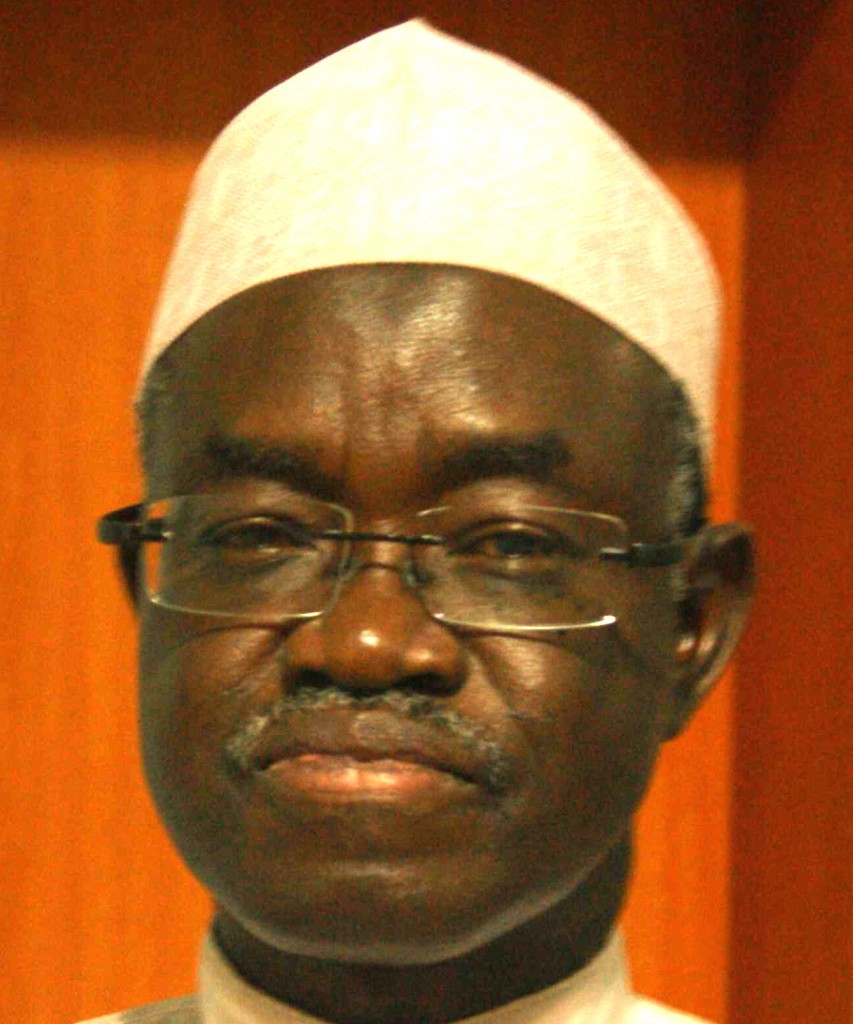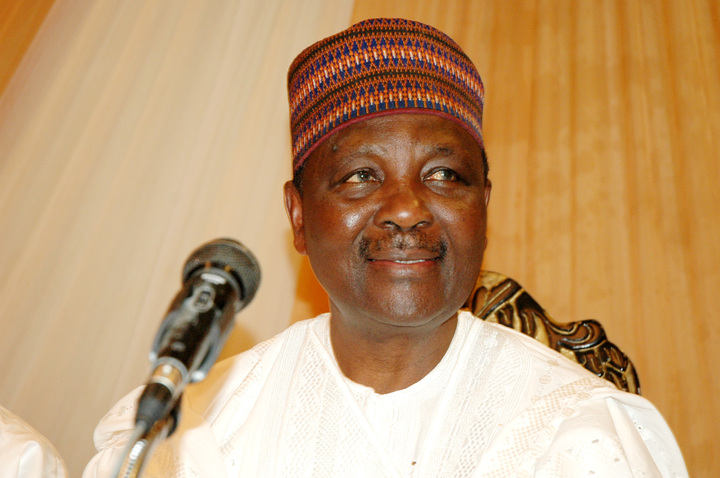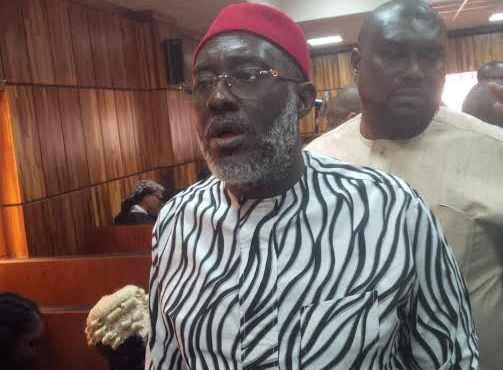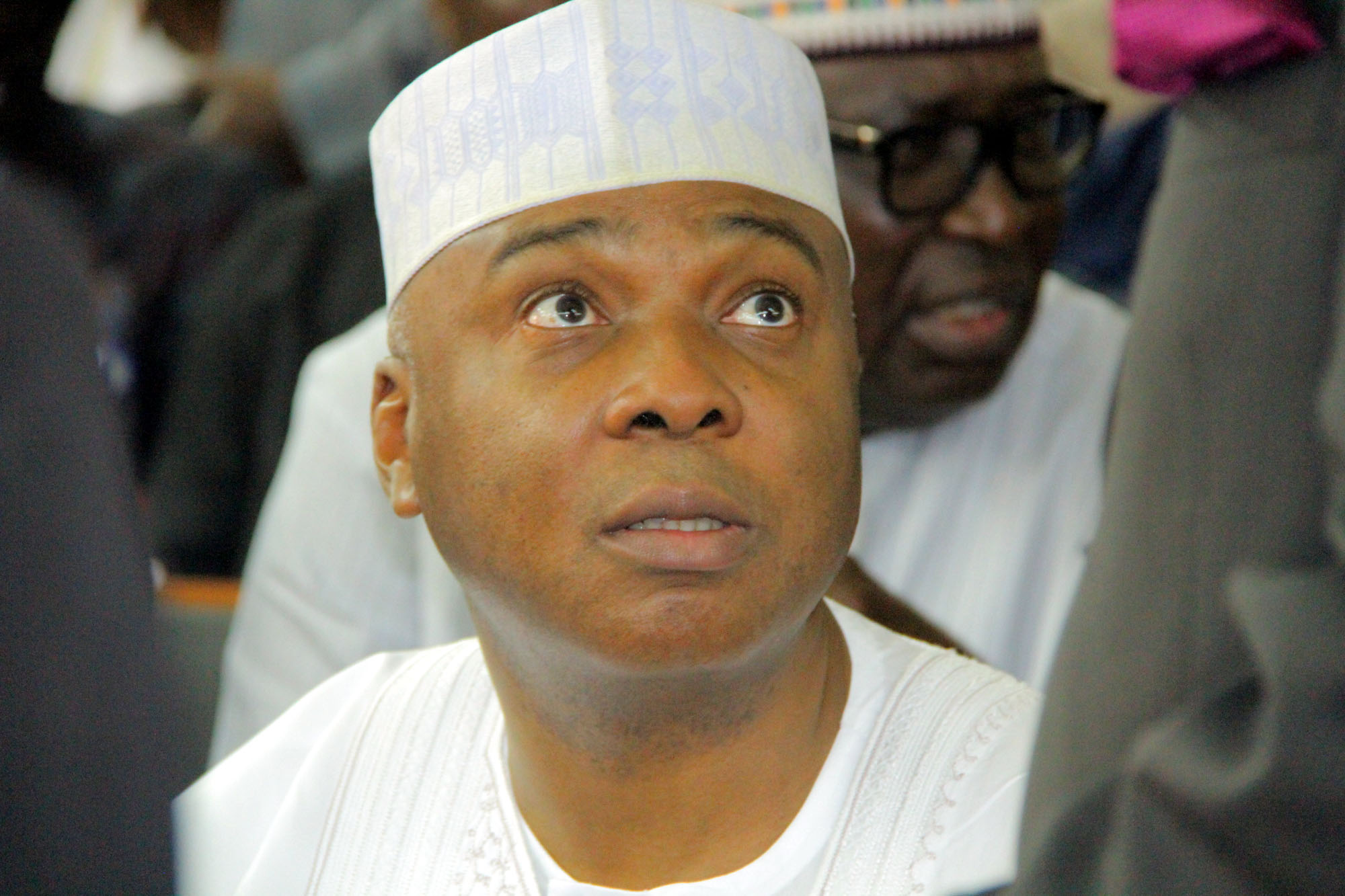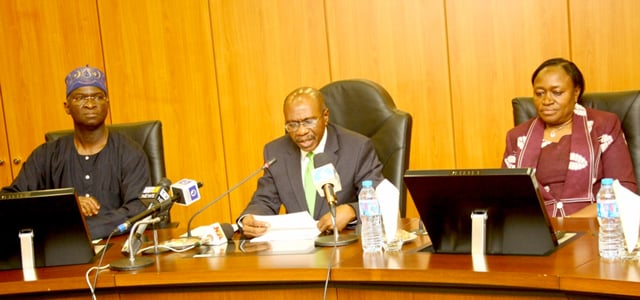Last week the legal luminary and founder of Afe Babalola University, Ado-Ekiti (ABUAD), Aare Afe Babalola (SAN), made a case for confederation as a solution to Nigeria’s political and socio-economic problems. He made the case while speaking at the maiden edition of Diplomatic Dialougue, a programme organized by the university’s Department of International Relations and Diplomacy.
He had, he said, participated in three constitutional conferences in Nigeria and each time he came away convinced that, given its ethnic and religious composition, what the country needed was “a confederation or a loose federation, where each region will be allowed to grow at its own pace and contribute to the centre.”
This, he said, “has been the practice in USA, Australia and Canada” whereas what we’ve had in Nigeria since the first military coup ended the First Republic and its regional arrangement in 1966, “is a central government where only one person determines what happens elsewhere.”
Nigeria, he concluded, now has six geo-political zones. They should, he said be “allowed to function as component parts and Nigeria will be good for it.” If the country had continued with its old regionalism, he argued, it would have developed even better than Malaysia, whose ambassador in Nigeria, Mr. Lim Juay Jin, was the guest speaker on the occasion. Malaysia, which started out poorer than Nigeria in the sixties, is today a middle income country.
Advertisement
Babalola’s advocacy of confederation is little, if at all, different from Dr. Arthur Nwankwo’s solution to Nigeria’s problems which, as I argued last week, was no solution at all in spite of the fact that structure, as I said, does matter in finding solutions to problems.
Perhaps the difference between Babalola and Nwankwo is that the high chief was not motivated by malice against any section of the country. But malice or no, the chief’s advocacy is popular among sections of the country that consider themselves “progressive.”
With due respect to the chief, there are at least three things wrong with his advocacy. First, it is not true, as he said, that the USA, Australia and Canada practice “loose federalism” or confederation. What they practice is federalism in which the component parts are autonomous but still defer to a strong centre whenever the two levels differ. The USA, which is the role model for the others, did start out as a confederation but it replaced it with the genuine article centuries ago after its experiment with the loose version collapsed.
Advertisement
Second, all three became federations by the coming together of its hitherto separate components. By contrast our own genuine First Republic federation increased by division beginning with the first state creation on May 27, 1967 by our second military head of state, General Yakubu Gowon.
Third, and related to the second, is the historical revisionism virtually all advocates of “true federalism,” which is the euphemism of confederation, are guilty of. The fact is that most of those asking us to return to the regionalism of the First Republic seem to have forgotten that they were either staunch advocates of breaking up the original three regions which became four in 1963 – so long, of course, as it was not their own region – or of the unification decree by our first military head of state, Maj-General JTU Aguiyi-Ironsi, which abolished the regions.
Gowon’s creation of 12 states in May 1967 has its root in Decree 8, 1967 which he promulgated in March as his answer to demands by Lt-Col Odumegwu Ojukwu for the implementation of the Aburi Accord, named after the venue in Ghana of the meeting held on January 4 and 5, 1967, at the initiative of Ghana’s military authorities to stem the drift towards Nigeria’s disintegration which began with the first coup in January 1966.
As a result of that decree, the title of the military head of state changed from Supreme Commander to Commander-in-Chief and his word seized to be law without the support of the regional governors on subjects like commerce, industry, transport, armed forces, police and higher education. In addition, military area commands were to be created as part of the accord.
Advertisement
Apparently as military governor of the most aggrieved Eastern Region at the time, Lt-Colonel Ojukwu did not think these and other concessions were good enough. Not even when the secretary of his government, Mr. N. U. Akpan said the said decree in his view “faithfully implemented the Aburi decisions,” as Professor Jonas Elaigwu quoted in his 2009 “Gowon: A Scholarly Biography of a Soldier-Statesman.”
However, whereas Ojukwu did not accept Decree 8 ‘67 as good enough, virtually all the senior technocrats who were at the Aburi talks condemned it as giving too much away against Nigeria’s interests. As the story is told by Mr. Eric Teniola, a PUNCH veteran, in his recent tribute to the late departed Oba of Benin, Omo N’oba N’Edo Uku Akpolokpolo Erediauwa (CFR), upon the return of the Nigerian team from Aburi, the Oba, then Prince Akenzua and Permanent Under –Secretary (Cabinet Office), discussed the accord with Gowon and told him that he and his colleagues objected to it as turning Nigeria into a confederation. These colleagues included Messrs. Yusuf Gobir, Phillip Asiodu, Eme Ebong, Allison Ayida and B. N. Okagbue.
Anyone interested in the resolution of the country’s political differences should read Teniola’s tribute to the Oba entitled “The memo of Akenzua on Aburi” published by, among other newspapers, Vanguard (May 3), The Guardian (May 4) and The Nation (May 5). For, it provided a useful historical insight into how Aburi came to be rejected by the Federal authorities and how eventually it lead to the first creation of states in the country.
According to Teniola, following the discussion between Gowon and Akenzua, the head of state asked him to write a memo on a way out of the Aburi predicament. That memo prompted Gowon to summon a meeting of secretaries of the military governments and other senior officials in Benin between February 16 and 18, 1967, chaired by Mr. H. A. Ejueyitchie, the secretary to the Federal Military Government.
Advertisement
The outcome of that meeting was the contentious Decree 8 ‘67 which the technocrats believed was a compromise between too much they said Gowon had given away at Aburi and the total implementation of accord which Ojukwu insisted he stood on.
In rejecting the decree, Ojukwu stood alone among his colleagues. And his rejection, along with other decisions he had taken like his seizure of some national assets in his region, led to the conclusion among the federal authorities that the man had made up his mind to curve his region into a sovereign nation.
Advertisement
Gowon’s state creation was partly his preemptive strike aimed at isolating Ojukwu. Contrary to the revisionism we have been subjected to all these decades, that move was widely acclaimed as wise. For, up until then giving minorities in each region their sub-regions was widely considered a solution to their agitations that had started even before Independence in 1960.
The North in particular was widely regarded as too big and too monolithic, vis-à-vis the other regions, for the country’s peace and stability. Its split into six states as against that of the West into two (Lagos and the rest of the West) and that of the East into Cross-River, Rivers and the rest of the East, leaving only Mid-West intact, was accepted as the answer to the long drawn agitation by minorities for their own sub-regions.
Advertisement
Everything has unintended consequences. Gowon’s 1967 creation of 12 states has led eventually to Nigeria becoming a federation of 36 states where the centre has been the one ceding power to its constituents rather than the other way round. This had led to the perception that the centre has become too powerful for the good of the country with its many nationalities and religions. This, in turn, has led to a widespread obsession with structure when we should be more concerned about the character of those we entrust with power.
Structures and systems, of course, do matter, as I’ve said last week on these pages. However, that the characters of leaders matter more should be obvious from the fact that the same long running dictatorships that produced prosperity in Malaysia and even more prosperity in neighbouring Singapore, produced only unimaginable poverty in many an African country. The difference was that one set of leaders was corrupt while the other possessed personal integrity.
Advertisement
Certainly a structure of autonomous regions like the putative six we have presently looks healthier than 36 states whose overheads alone leave little for development. But regions created by fiat rather than through evolution are unlikely to endure. In any case, talking about collapsing our states into six regions when demands for even more states have hardly abated is more or less wishful thinking.
Aare Babalola’s confederation has never worked anywhere. But even if Nigeria was to become the “true federalism” Nigeria’s self-styled “progressives” talk so much about, it would take leaders with character to turn the country into Malaysia, never mind a United States.
This should be the main lesson of recent events in the country since the end of Peoples Democratic Party’s 16-year misrule of this country in May last year.
Add a comment
